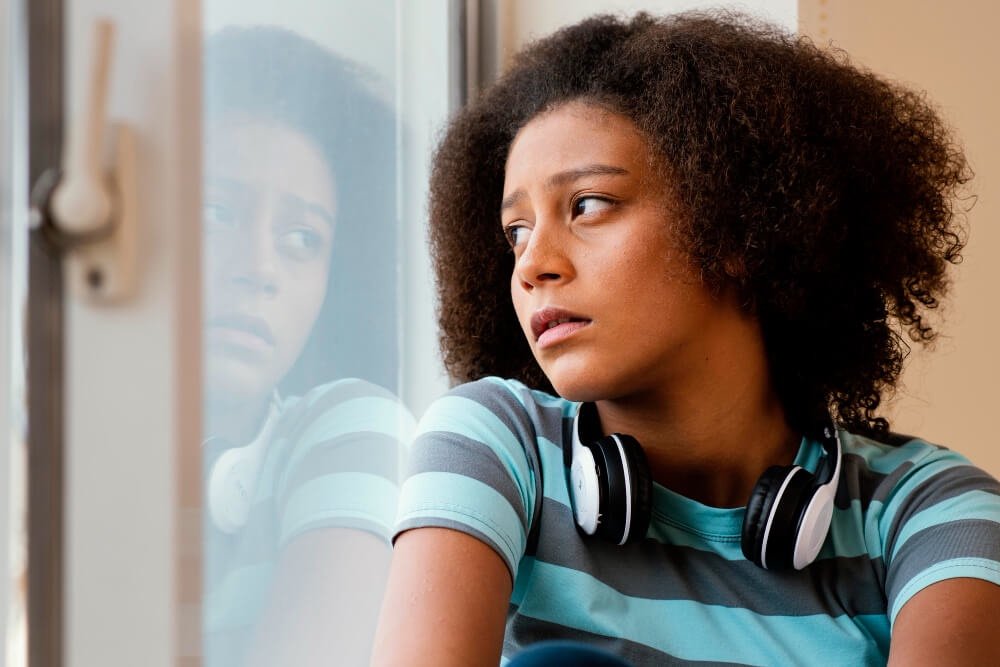Social media has become a core part of the fibre of our existence, resulting in unprecedented opportunities of connection, exchange of data, and self-expression. However, it also raises serious issues concerning the impact of social media on our mental wellbeing, particularly anxiety and depression. This article examines the use of social media in connection with mental wellbeing, supported by vast research, facts, and practical applications. Tailored for a technologically savvy audience, it offers useful insights and practical steps to navigate through the digital world with mindfulness.
The rise in the use of social media has been paralleled by the rise of mental illness, especially among teenagers and young adults. The American Journal of Psychiatry reports that there was a 31% increase in major depressive episodes for teenagers from 2005-2014, while the use of social media grew exponentially throughout this period.
Social Media and Anxiety
Social media can cause anxiety in the following ways:
Social Comparison and Self-Esteem: Daily exposure to curated images and posts can result in social comparison, negatively impacting self-esteem as well as increasing the anxiety levels. A study published in the Journal of Social and Clinical Psychology has found that individuals who compare themselves frequently with other people on social media are more likely to feel anxious and depressed.
Fear of Missing Out (FOMO): Worry about missing out on activities or events that other people are experiencing can result in a sense of urgency and stress. The Royal Society for Public Health conducted a survey that reported 70% of young adults experiencing FOMO, which was linked to heightened anxiety and poor sleep quality.
Cyberbullying: Social networking websites are hotspot grounds for cyberbullying, which can result in severe emotional distress and anxiety. As per the Cyberbullying Research Center, 34% of students have been cyberbullied, with victims showing higher levels of anxiety and depression.

Social Media and Depression
The impact of social media on depression is multifaceted:
Doomscrolling: Repeated scrolling through bad news and information, known as “doomscrolling,” can give contribute to hopeless and depressing emotions. In a study conducted by the University of Pennsylvania, the participants who limited social media use had lower depression and loneliness rates.
Sleep Disturbance: Excessive use of social media, especially before bedtime, has the impact of disrupting sleep patterns, leading to increased depression symptoms. In The Lancet study, test subjects who visited their social media sites in the late night were more prone to depression and experiencing unhappiness with life.
Isolation: While social media can foster relationships, it also has a tendency to lead to isolation and loneliness. In a survey conducted by the American Journal of Health Behavior, they found that heavy users of social media reported higher levels of loneliness and depression than light users.
The impact of social media on depression and anxiety is a complex issue that demands a balance and informed approach. With the awareness of how social media affects mental health and under the practice of prudent use, its negative effects can be mitigated.






You must be logged in to post a comment.